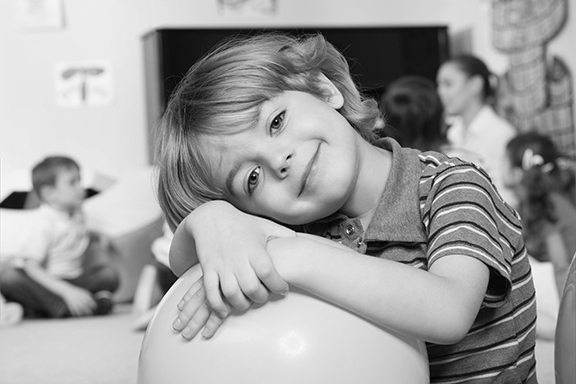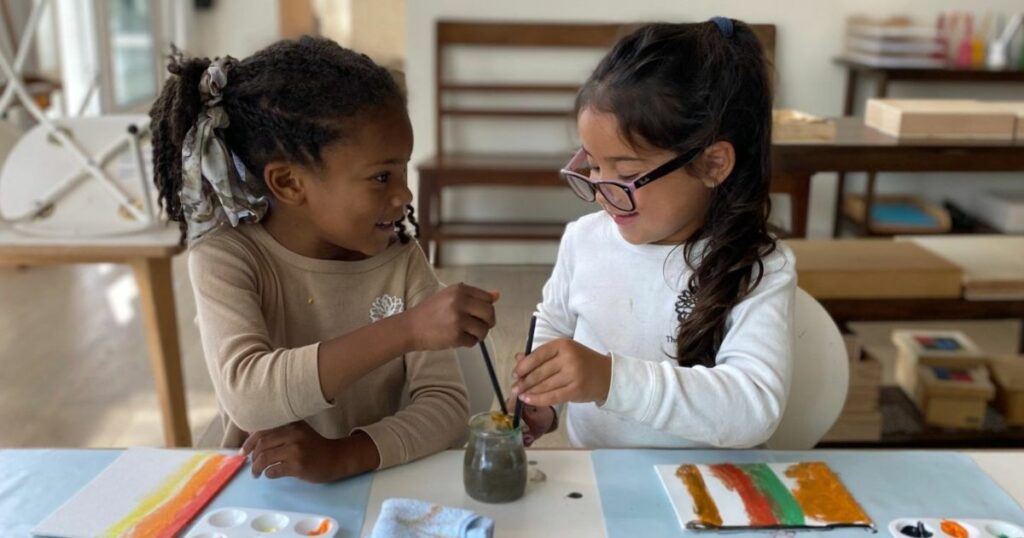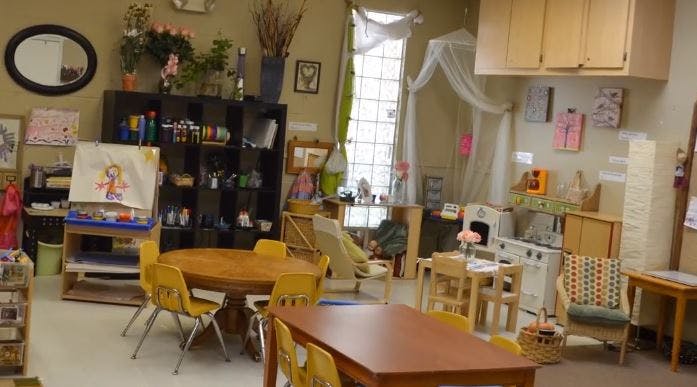Understanding Montessori Practical Life Activities
Practical Life activities in Montessori are designed to resemble tasks that are part of everyday life. From learning how to dress oneself to preparing a simple meal, these activities are not only practical in nature but also culturally relevant.
The Four Main Areas of Montessori Practical Life Skills
Montessori Practical Life activities are generally divided into four main areas: Care of Self, Care of the Environment, Grace and Courtesy, and Control of Movement. Each of these areas focuses on developing critical skills that will serve the child in all other areas of learning.
Care of Self: Fostering Independence and Confidence
In the Montessori classroom, Care of Self activities like hand washing, dressing, or grooming activities help children become more independent. These activities not only enhance fine motor skills and coordination but also build confidence as the child masters these tasks.
Care of the Environment: Instilling Respect and Responsibility
Through Care of the Environment activities, children learn to respect their surroundings and take responsibility. This includes tasks like cleaning, gardening, or food preparation, which foster a sense of belonging and stewardship towards the environment.
Grace and Courtesy: Shaping Social and Emotional Skills
Grace and Courtesy activities teach children important social skills such as saying please and thank you, waiting for their turn, or helping others. These activities are integral in developing empathy, respect for others, and effective communication skills.
Control of Movement: Refining Motor Skills and Concentration
Control of Movement activities aim to improve a child’s coordination and precision of movement. Activities like walking on the line or pouring water help enhance concentration, balance, and spatial awareness.
Practical Life Skills: The Cornerstone of Montessori Education
In essence, Practical Life skills are crucial in a Montessori education. They help children navigate the world around them and foster a sense of independence and responsibility. By mastering these skills, children build a strong foundation for life-long learning, making them well-prepared to face real-world challenges with confidence and competence.






